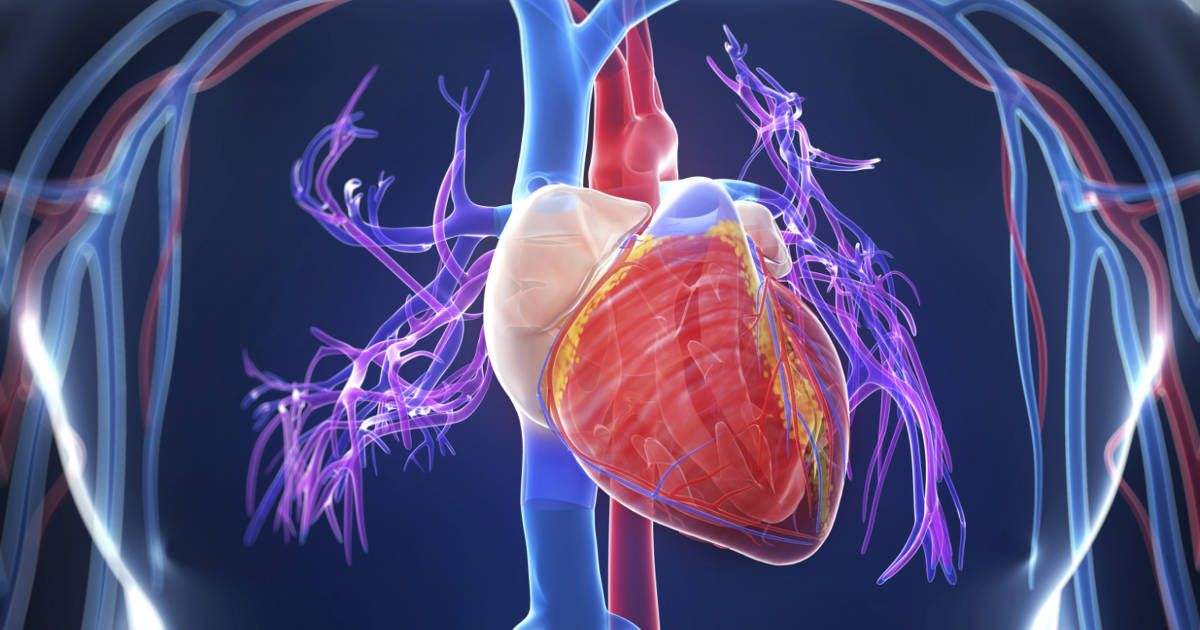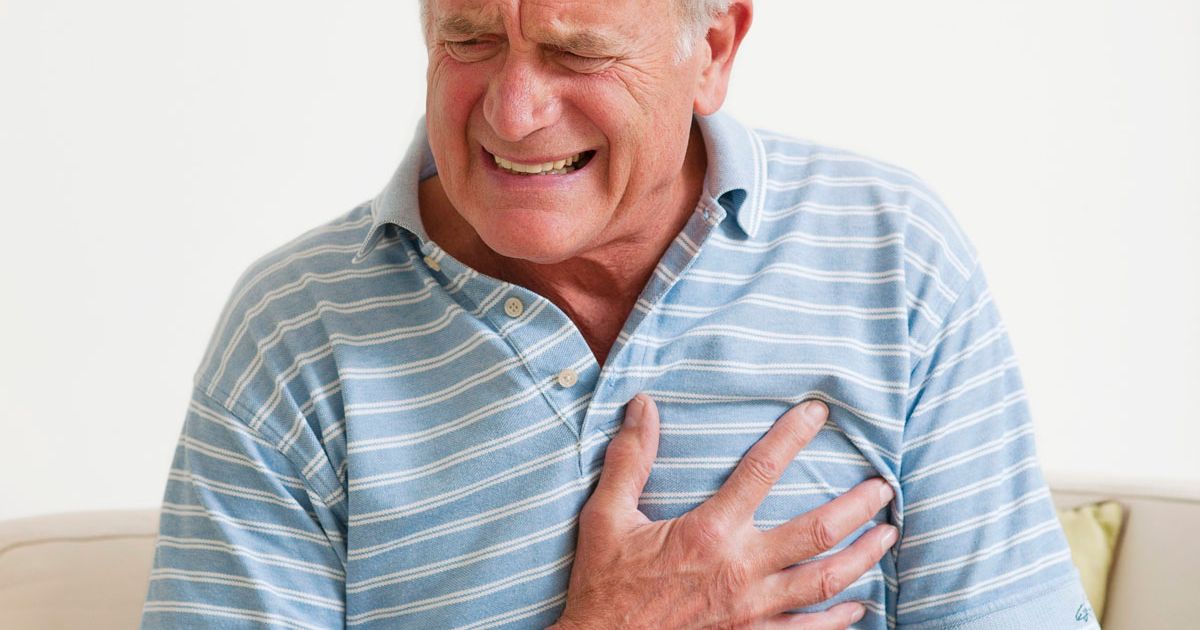Heart Diseases Everyone Needs To Know About
Numerous types of heart disease exist, but many exhibit similar or the exact same symptoms. Some of the major types of heart disease include coronary artery disease, heart attack, arrhythmia, atrial fibrillation, heart valve disease, heart failure, and congenital heart disease. Keep reading to learn the facts about the different types of heart disease an individual can develop within their lifetime.
Coronary Artery Disease

The primary symptom of coronary artery disease is chest pain or angina pain. Many patients describe angina pain as a feeling of heaviness, discomfort, pressure, aching, squeezing or burning in the chest, and can be mistaken for a heart attack. Angina also frequently masquerades as heartburn. These uncomfortable feelings may also occur in the jaw, back, neck or throat. The symptoms of coronary artery disease also include difficulty breathing, heart palpitations or a faster heartbeat, sweating, nausea, and weakness.
Next, discover the warning signs of myocardial infarction, or a heart attack.
Myocardial Infarction Or Heart Attack

Symptoms of myocardial infarction, or commonly known as a heart attack, include discomfort in the chest that starts out gradual and becomes more uncomfortable and intense within thirty minutes or so. This pain is often described as a tightness or pain felt within the chest, and can also be a squeezing or aching sensation in the arms, neck, jaw, or back as well. Unfortunately, rest or oral medications will not substantially ease the chest pain an individual may be experiencing. In certain circumstances, a heart attack can occur without any noticeable symptoms, especially if the patient has diabetes. Other common symptoms of a heart attack include nausea, indigestion, heartburn, abdominal pain, shortness of breath, a cold sweat, fatigue, and lightheadedness. If an individual believes they are experiencing a heart attack, they should dial 911 or emergency services immediately, as early treatment of a heart attack lessens the amount of damage done to the heart.
Continue reading to reveal the symptoms of arrhythmia right away.
